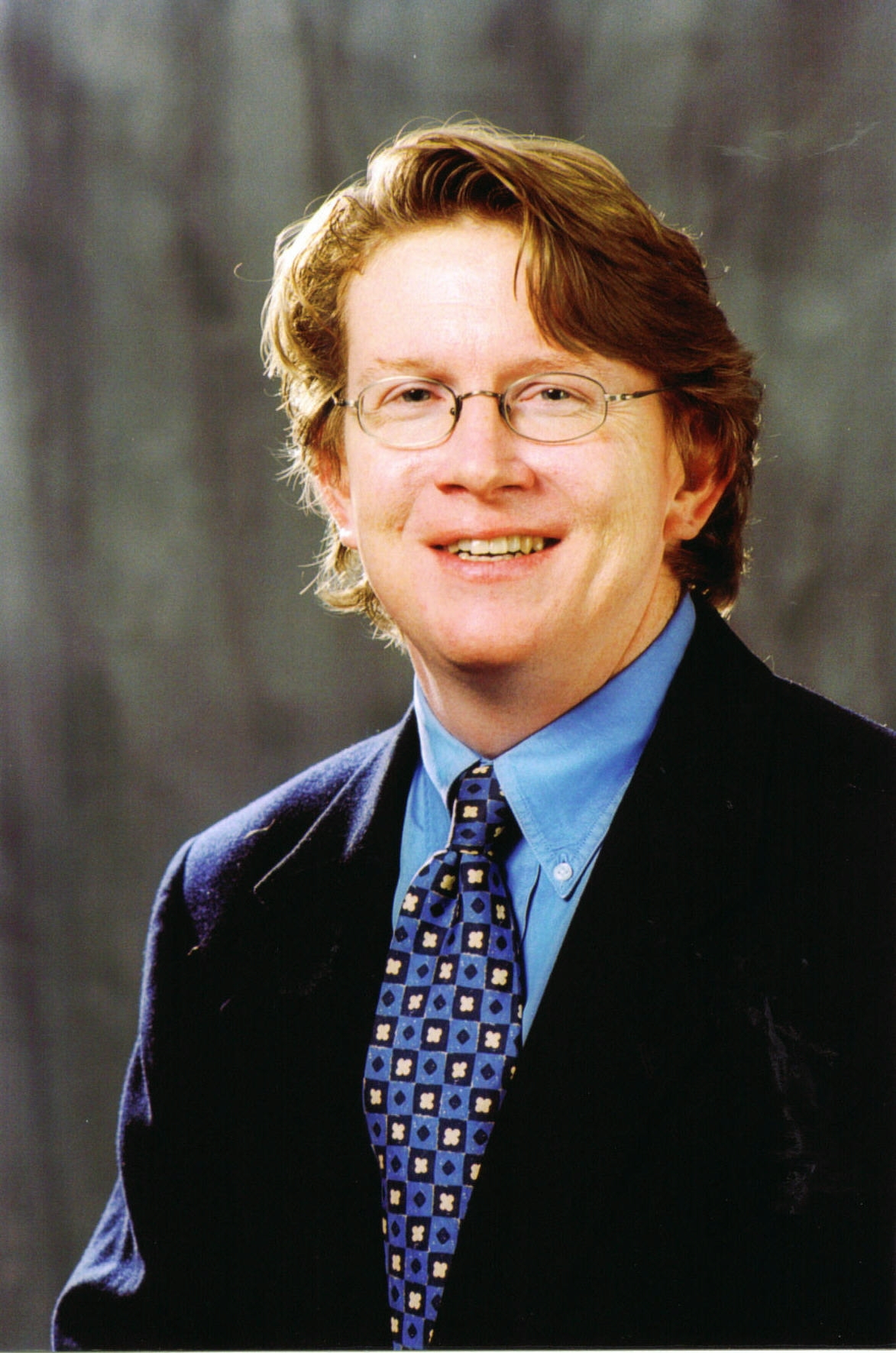
Identifying and developing a process for transferring key elements that make some high schools in large urban districts more effective at improving outcomes for low-income and minority students, as well as English language learners, is the focus of a new national center at Vanderbilt University’s Peabody College.
The Institute of Education Sciences (IES) has awarded $13.6 million over five years to fund the Developing Effective Schools Center (DESC), a national research and development center on scaling up effective schools.
The center’s goal is to identify programs, practices, processes and policies that make some high schools more effective at reaching certain students. The center also will develop ways to transfer those methods to less effective schools in the same districts. Florida State University, the University of Wisconsin-Madison and the Education Development Center, headquartered in Newton, Mass., are partnering with Vanderbilt in the project.
This is the third national research center funded by IES, a research arm of the U.S. Department of Education, to be located at Peabody, joining the National Center on Performance Incentives and the National Center on School Choice.
“We have universal agreement that schools are in need of reform, and there are innovative programs that have been shown to improve student outcomes,” said Camilla P. Benbow, Patricia and Rodes Hart Dean of Education and Human Development. “The problem is that these successes often occur under particular conditions that are challenging to replicate across a range of schools. This new center will help educators figure out how to extend promising reforms to help more students.”
Key is finding ways to reach low-performing students
“Despite ambitious reforms over the past three decades, high schools today have shockingly low rates of student retention and learning, particularly for students from traditionally low-performing subgroups,” said Thomas Smith, associate professor of public policy and education at Peabody. Smith will serve as principal investigator and director of the new center.
“Prior attempts to reform high schools have often failed because they did not sufficiently address the contexts of the districts and the schools in which they were implemented. Our goal is to design a model where researchers, developers, and school and district practitioners co-design methods of transferring effective practices from one school to another.”
By combining the unique talents of developers, researchers and local practitioners in the process of designing, implementing, revising and assessing the effectiveness of interventions, the center’s focused program of research can overcome many of the challenges inherent in designing and scaling up interventions.
Among the challenges are:
- The lack of teacher buy-in and participation.
- Inadequate attention to the organizational context in which the practices are to be implemented.
- Conflicts between designs and other district programs.
“The center will be uniquely positioned to address the persistent research-to-practice gap,” according to Smith. “Collaboratively designing, implementing and revising tailored interventions across two large urban districts will inform the development of design tools that can help districts transfer effective practices from currently effective to less effective schools.”
The center will partner with Broward County Public Schools in Florida and Dallas Independent School District in Texas, two school districts identified as having both effective and, at least at present, less effective high schools.
Research team members include:
- Lora Cohen-Vogel, Stacy Rutledge, Patrice Iatarola and Tim Sass of FSU
- Dan Bolt and Rob Meyer of the University of Wisconsin-Madison
- Cheryl King, Maria-Paz B. Avery and Barbara Miller of the Education Development Center
- Marisa Cannata, Ellen Goldring, Joe Murphy and Matt Springer, all faculty members at Vanderbilt.
Goals are to align, implement and sustain successful practices
A consensus has grown among practitioners and researchers around the essential components of a successful urban school, such as:
- quality instruction
- a rigorous curriculum
- a culture of learning
- professional behavior
- connections to external communities
- systemic use of data
- system performance accountability
- learner-centered leadership.
But less is known about the ways educators may implement and sustain those good practices. That is what the researchers seek to identify, providing information for less effective schools to “scale up.”
More specifically, the DESC has plans to use value-added models to identify high schools that are effective at improving student achievement in English/language arts, mathematics and science among traditionally low-performing subgroups of students. They also will look at ways those schools are reducing the likelihood that students drop out before graduation. Of interest, as well, is how they are increasing traditionally low-performing student enrollment in advanced courses.
In the study, researchers will use a combination of interviews, surveys and observations to uncover what the effective high schools in two large urban districts are doing that contribute to their success and distinguish them from less effective high schools in the same district.
The center will work to involve district leaders and participants from both the effective and less effective high schools to collaborate on the design and implementation of a process to support the transfer of effective practices from effective schools to less effective schools in their districts.
The next step will be to implement this process in six less effective high schools in two large urban districts and evaluate this implementation. An assessment and analysis of the impact of the intervention designs will follow with a focus on sustaining those practices once the project has ended.
“By the conclusion of the center’s work, we will have developed, implemented and tested new processes that other districts will be able to use to scale up effective practices within the context of their own goals and unique circumstances,” according to Smith.
Peabody College was recently named the No. 1 graduate school of education in the nation by U.S. News & World Report for the second consecutive year. Faculty members participating in this IES grant are members of Peabody’s department of leadership, policy and organizations.